As a sustainable energy source, making the move to solar power is a good decision but it should not be a hasty one. It takes careful consideration to determine if it’s the most feasible choice for your home. Along with the environmental and potential financial benefits, there are also a few risks. So, if you are looking into getting solar panels installed on your house, you should also start thinking about solar panel insurance.
Solar Panels by the Numbers
Solar power is more affordable, accessible, and prevalent in the United States than ever before, according to the Office of Efficiency and Renewable Energy. To put it into perspective, energy researchers Wood Mackenzie and the Solar Energy Industries Association reported over 2 million solar installations in the United States in 2019, a number that they expect to double by 2023. While California represents overs half of that number, Texas, Utah, Florida, Rhode Island and Maryland make up the fastest-growing states for the alternate energy source.
The cost of solar panel installation in the Northeast is generally higher than in other parts of the country and currently runs around $29,000 before tax credits and state incentives, according to the Boston-based solar company EnergySage. Still, due to growth and updates in technology, the price of installing solar panels has gone down significantly over the last decade. Highlighting statistics from the New Energy Outlook 2019 by Bloomberg New Energy Finance, the Solar Nerd points out that solar panel prices have dropped 89% since 2019 and are predicted to drop by another 34% by 2030.
Solar Panel Insurance
Since residential solar power is still relatively new, there is quite a bit of variability between how different insurance companies handle solar panel insurance. Here we explain some of the general perils to be aware of and how your homeowners insurance may help. The best resource for questions regarding your specific policy, circumstances and carrier is your insurance agent.
Attached or Unattached?
If solar panels are mounted to your roof or an attached garage, they become a permanent part of your home and are typically covered as part of a standard homeowners policy, which generally pays to repair or rebuild any part of your home that is damaged by a covered event such as fire, wind, water (not flood) or theft. In order to determine if you have adequate coverage after the installation of solar panels to your home, “a new calculation of the replacement value would need to be completed,” said Catherine Goff, AAA Insurance risk analyst.
Replacement value refers to the cost necessary to replace your home in the event of a total loss, or when the damage is beyond recovery. But replacement value is not part of every policy; if it isn’t, you will be paid on a cash value basis, which entitles you only to the depreciated value of the damaged property.
If the panels are not attached to the home [such as solar car ports or ground-mounted panels], “they may be covered as part of ‘other structure’ coverage or ‘personal property’ coverage,” Goff explains. “Claim payments made under these two coverages are different; the insured would have to speak to their carrier.”
Certain underwriting guidelines apply in terms of eligibility as well. For example, if solar panels are ground mounted, some insurance carriers require a fenced-in yard to deter liability, similar to a swimming pool.
Selling Power
Most solar panel systems are grid-tied, meaning you can pull electricity from the grid when you need it. And in some cases, homeowners can sell any extra electricity produced back to the utility company.
However, selling unused power back to the energy company may void or limit insurance coverage. “Once an insured sells power, the carriers consider this a business … this is an important item for the insured to discuss with their agent,” said Goff.
Leased or Owned?
Coverage is also dependent on whether solar panels are leased or owned. “If they are leased, oftentimes, they are covered by the solar panel company,” says Marcella Ballolli, AAA Insurance supervisor for underwriting and customer service. But “in some cases, the contract may require the insured to cover them, even if they are leased. When in doubt, refer to the contract.”
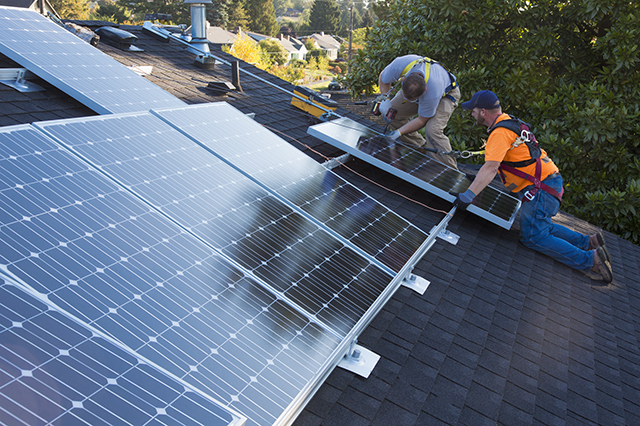
Soar Panel Insurance Risks
Installation
This is not a DIY project. Check the building codes and laws in your area beforehand and make sure to get an accredited contractor to do the job.
As with any work that is being done to your home, it is recommended that the solar contractor provide a certificate of insurance to prove they have coverage for their liability in the case of damage or injury during installation.
After installation, you should carefully review all warranties.
Can Your Roof Handle It?
Before putting up roof-mounted panels, the contractor should inspect the roof to make sure that it meets all requirements. Putting solar panels on a roof that does not have proper drainage or is too old to handle the weight could spell trouble.
Storm Damage
If you own the panels, damage caused by wind, hail and hurricanes are generally covered on a homeowners policy (see above). If panels are leased, it is likely covered by the lessor pursuant to the lease agreement.
Fires
In the event of a fire, solar panels can present obstacles to firefighters who may need to get through the roof or cut through it for ventilation. Not all systems can be turned off with the flick of a switch and it is obviously not safe to go near – or spray water over – charged panels. As solar panels become more prevalent, fire codes are evolving to keep first responders as safe as possible, but it is still largely new territory.
The Benefits of Solar Panels
The environmental impact of transitioning from electricity to solar is its biggest draw. Solar is a renewable and clean energy, meaning that it does not deplete the source that it takes from (the sun) and it does not release any harmful emissions into the atmosphere.
Certain governmental agencies also may offer tax incentives for installing solar panels. In 2020, there is a 26% credit for homeowners in the Northeast that cuts from your taxes and may save you from owing anything at the end of the year. The credit will go down in 2021 to 22% and will then expire entirely for residential installation. Depending on where you live, individual states also offer additional rebates and incentives. Search for your state here.
And despite the high initial cost of installation, solar panels may lower your electric bill and can ultimately save you tens of thousands of dollars over the course of their typical 25 to 30-year lifespan. Type your home address into Google’s Project Sunroof for a personalized solar savings estimate.
Once you weigh all the options you can determine if making the move to solar energy is the right choice for you
Do you think you will convert your home to solar in the near or distant future? Tell us in the comments.
To learn more about your homeowners insurance options, reach out to a AAA Insurance agent today.
2 Thoughts on “Solar Panel Insurance and the Rewards and Risks of Going Solar”
Leave A Comment
Comments are subject to moderation and may or may not be published at the editor’s discretion. Only comments that are relevant to the article and add value to the Your AAA community will be considered. Comments may be edited for clarity and length.




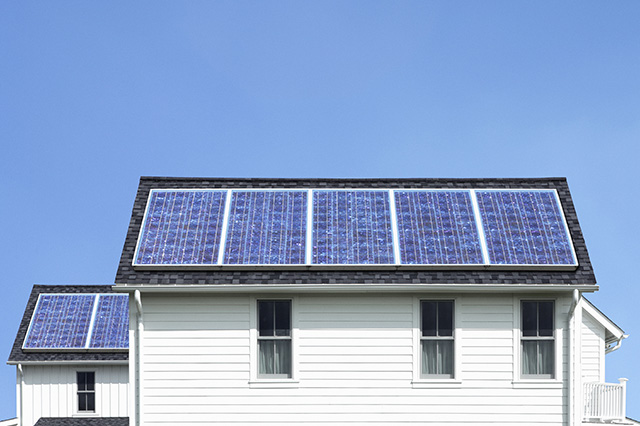
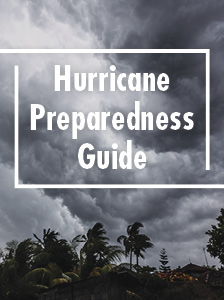




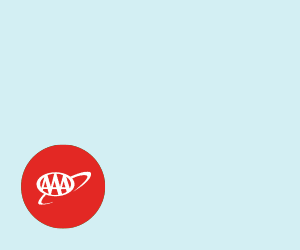





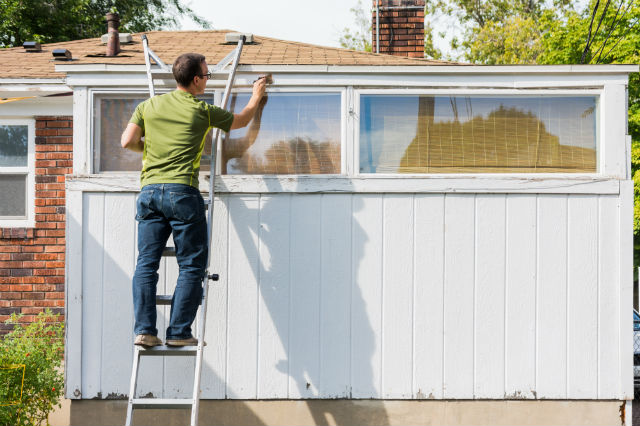


We have AAA homeowners insurance and are trying to find out if/how we can be covered when we install our solar panels. There seems to be no familiarity with what solar panels are, or if we can get a simple “yes” or “no” to install. A simple and direct set of instructions would be appreciated.
Hi! Thanks so much for reading. Because solar panels are still relatively new there is a lot of variability in terms of how different insurance companies handle them. Please reach out to a AAA insurance agent and they will be happy to help you. -MP